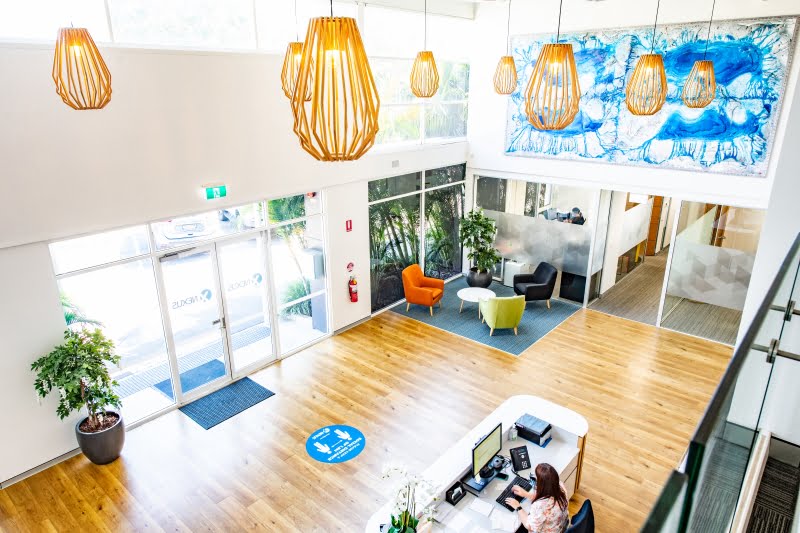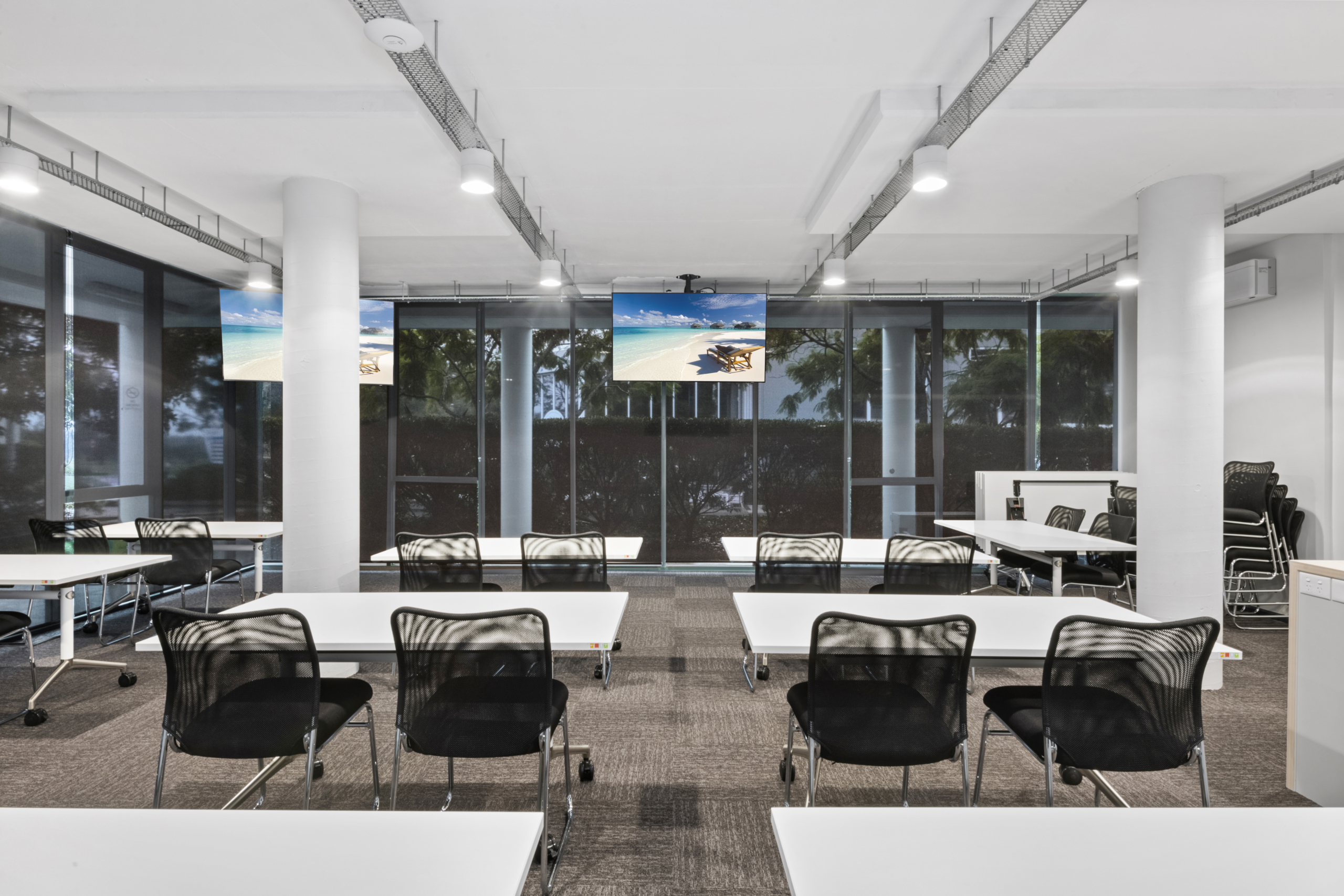
Starting up a small business has two major competing factors: cost now and cost later. Prioritising what hardware you need immediately when you first begin in business is important, but so is future-proofing so that you don’t end up having to upgrade your IT infrastructure in a few months.
On top of this, you’re going to want some luxuries to make your job easier; time is money, and sometimes saving some of the first can lead to the latter, but you also don’t want to burn yourself out doing twice as much work during the critical initial months.
Coming up with a list of important hardware for any business can take time and energy, and ultimately it’s you who has to make the tough call on what to get now or to hold off on. However, there are a few things that make the list of a majority of all setups.
Computers
A no-brainer for any startup, online or offline, is a workstation where you’ll be able to do basic computational tasks. No matter if you need one rig or several dozen, don’t just buy the first thing you see. The vast majority of businesses will be able to get a functional word processor for well under $500, but if you’re doing anything like video editing or graphic design on them it’ll start ramping the price up.
Look for good parts and expert advice; don’t be afraid to build it from scratch either if you’re looking to save costs, it’s really not as hard as it seems.
Routers and plans
You should also figure out how much you need in the way of speedy and reliable Internet. If you ever need to upload large files, a decent router and high speed plan can mean the difference between 1 MB/s upload and 100 MB/s upload, which in turn translates to ‘spending a night at the office waiting for a file to upload’ versus ‘finishing early because the file uploaded in 15 minutes’.
Printers
Despite all the buzz, we’re not yet in a paperless society. Getting a cheap, efficient printer will save you from having to find one when you really need it for yourself or your customers. Do your research, because ink efficiency adds up. Of course, determine this for yourself as not all businesses are alike, but a lot of small businesses will inevitably be forced to the same conclusion.
For the vast majority of people, you will invariably have to print a few things off, and people doing a lot of business internationally may still find themselves needing a printer with a fax machine. Although this is obviously getting rarer and rarer, there are a few places still clinging on to them.
Cloud and external backups
The next thing is to make absolutely sure that your data is secure and can’t be lost. An accident here could cost you your client list, working history, financial records, or worse.
First, and most easily, invest in an external storage solution, even an external HDD will do. Make regular backups to this external solution, and always have two copies of everything — don’t just back up things and delete them or you’ll be in the same position if your external data backup corrupts.
After this, you should strongly consider a cloud-based solution, which will allow you to download and upload at will, secure in the knowledge that your information can’t be physically lost. For the most secure option, have both a physical and cloud backup, but make sure to take adequate security precautions.
Telephones
There are two main options here: either buying an internal business telephone line, which you can quite commonly bundle with any Internet plan or simply to use your mobile phone. For an increasing amount of people, the second represents a massive saving in costs, hardware, and moving parts.
If you can get a bundle that saves you enough money on both your Internet and business line, or if you need to have a complex phone system with easy switching, then you should consider the former. If, however, it’s only necessary to contact yourself or team members individually and personally, or if you spend most of your time away from your desk, then sticking to your mobile might be a good way to save cash for more important purchases.
Renting vs. Buying Hardware
Another option, and one that is increasingly popular and might save you some major hassle and cost in starting up, is to choose a co-working space such as Nexus Hub, which will provide the majority of hardware items required for startups and small businesses without an exorbitant front-loaded cost.
If you’d like to think about beginning your new career in a shared office environment, visit our website, or call us on 1300 877 977 during business hours.





